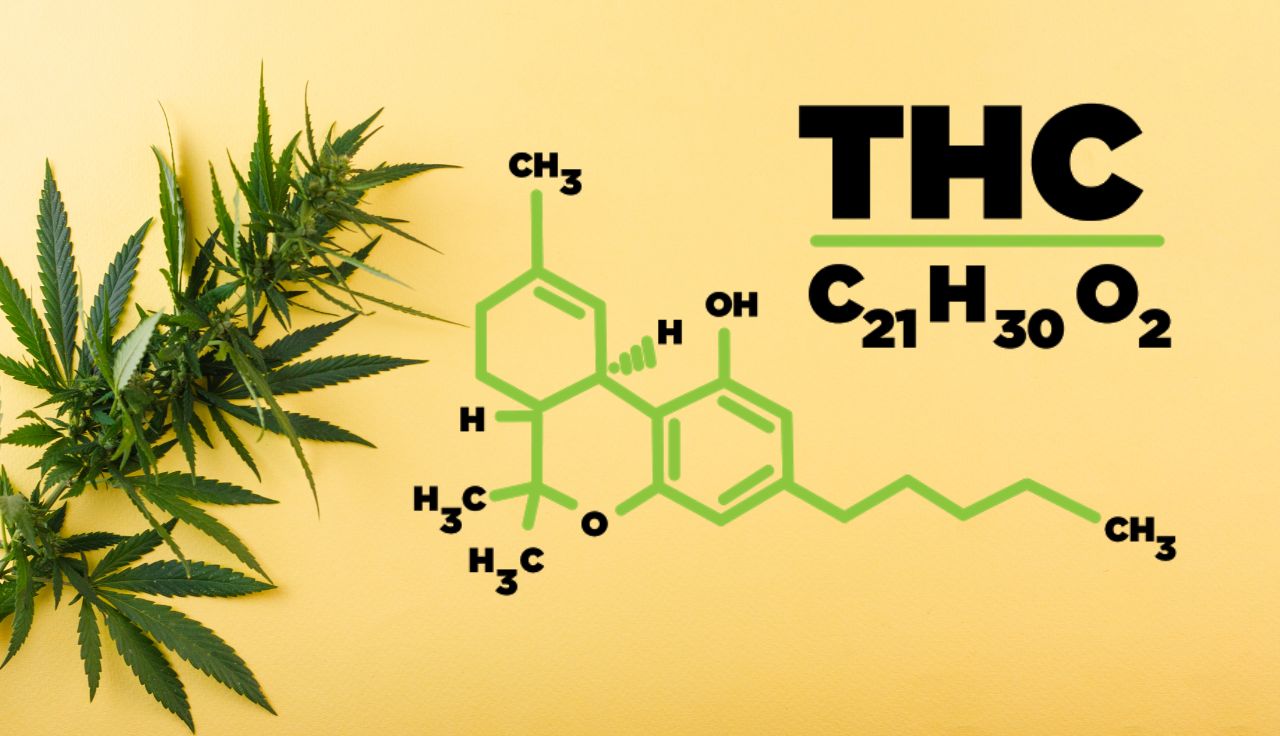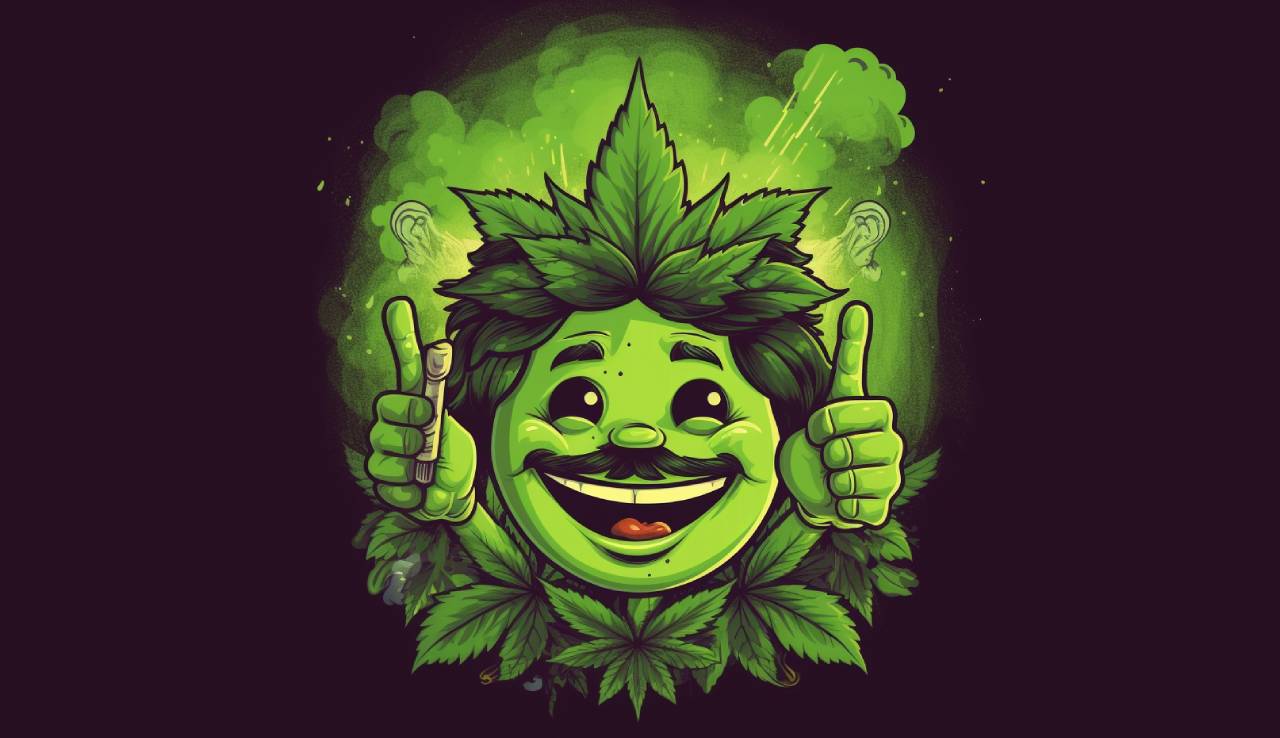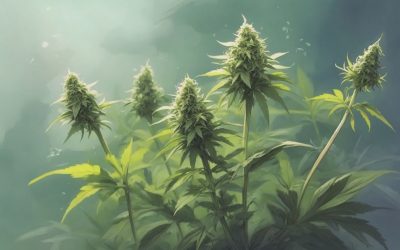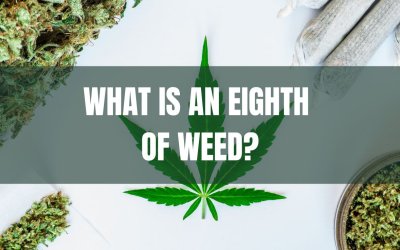If you’ve ever enjoyed the blissful high of cannabis, you’ve got THC to thank. Short for tetrahydrocannabinol, THC is the compound responsible for most of cannabis’s mind-altering effects. But it’s not just about getting high—THC is also packed with therapeutic benefits. Let’s dive into what makes THC so iconic.

What Is THC? 🌱
THC, or tetrahydrocannabinol, is one of over 100 cannabinoids found in the cannabis plant. It’s the main psychoactive compound, meaning it’s what gets you feeling euphoric, relaxed, or, as some might say, “stoned.” THC interacts with the body’s endocannabinoid system (ECS) to produce its effects.
The ECS is like the body’s control system for balance, influencing things like mood, appetite, pain, and sleep. THC binds to CB1 receptors in the brain and central nervous system, leading to its characteristic effects.
Learn what is decarboxylation and it role in activating its cannabinoids, like THC and CBD
Where Does THC Come From? 🌿
THC comes from cannabis plants, specifically from their resinous trichomes. These tiny, crystal-like structures cover the flowers and contain a cocktail of cannabinoids and terpenes. THC is naturally produced as THCA (tetrahydrocannabinolic acid), which is non-psychoactive. To activate THC, the cannabis must be heated—a process called decarboxylation—which transforms THCA into the THC we know and love.
How Does THC Make You Feel? 🌈
The effects of THC can vary depending on factors like dose, tolerance, and the strain. Here’s a breakdown of what you might experience:
Positive Effects:
- Euphoria and relaxation
- Increased creativity and focus
- Heightened sensory perception (food tastes better, music hits harder)
- Reduced stress and anxiety
Potential Downsides:
- Dry mouth and red eyes
- Paranoia or anxiety in high doses
- Short-term memory issues
- Impaired coordination
Explore why low THC cannabis called Reggie weed.

THC’s Therapeutic Benefits 🌿✨
THC isn’t just about recreational use. It’s also a powerful tool in the medical world. Here are some of its key therapeutic benefits:
- Pain Relief: Effective for managing chronic pain, arthritis, and migraines.
- Nausea and Appetite Stimulation: Widely used by cancer patients undergoing chemotherapy.
- Sleep Aid: Helps with insomnia by promoting relaxation and deeper sleep.
- Anxiety and Stress Relief: Can help calm the mind, though dosage is crucial.
- Muscle Relaxation: Beneficial for conditions like multiple sclerosis or muscle spasms.
How Is THC Consumed? 🚬🍪💨
There are plenty of ways to enjoy THC, depending on your preferences and desired effects:
- Smoking: The classic method using joints, blunts, or bongs.
- Vaping: A cleaner alternative to smoking with faster onset.
- Edibles: THC-infused food and drinks provide a longer-lasting, body-focused high.
- Tinctures: Drop under the tongue for quick absorption.
- Topicals: THC-infused creams and balms for localized relief without psychoactive effects.
THC vs. CBD: What’s the Difference? 🌿⚡
Is THC Legal? 🚨
THC’s legality depends on where you live. In the United States, THC is federally illegal, but many states have legalized it for medical or recreational use. In other countries, laws vary widely. Always check local regulations before using THC products.
How Strong Is THC? 💪
The potency of THC depends on the product. Traditional cannabis flower ranges from 10–30% THC, while concentrates can exceed 80% THC. Beginners should start with low doses to avoid overwhelming effects.
You know that Skunk weed strain is one of the most potent with a high THC content.
Final Thoughts
THC is the superstar of cannabis, known for its euphoric highs and powerful therapeutic benefits. Just remember, it’s all about finding the right dose for your body and mind. 🌿✨
FAQs
Can THC make you fail a drug test?
Yes, THC is detectable in most drug tests, including urine, saliva, and hair tests, even weeks after use.
How long does THC stay in your?
THC can stay in your system for 1–30 days, depending on your metabolism, usage frequency, and body fat percentage.
Is THC addictive?
While not physically addictive like some substances, frequent THC use can lead to psychological dependence for some individuals.
Does THC affect everyone in the same way?
No, THC’s effects vary based on factors like tolerance, body chemistry, and the amount consumed.
What’s the difference between smoking THC and eating it?
Smoking provides fast-acting effects that wear off in a few hours, while edibles take longer to kick in but last much longer.
Does THC affect sleep quality?
In moderate doses, THC can help with sleep by promoting relaxation. However, high doses may disrupt sleep cycles.
What is the difference between delta-9 THC and delta-8 THC?
Delta-9 THC is the main psychoactive compound in cannabis, while delta-8 THC is a milder variant with similar but less intense effects.
Reference:
Disclaimer: This content is for informational purposes only and does not constitute medical, legal, or professional advice. Always consult with a qualified professional before making any decisions related to health or cannabis use. Use cannabis products responsibly and in compliance with local laws and regulations.





